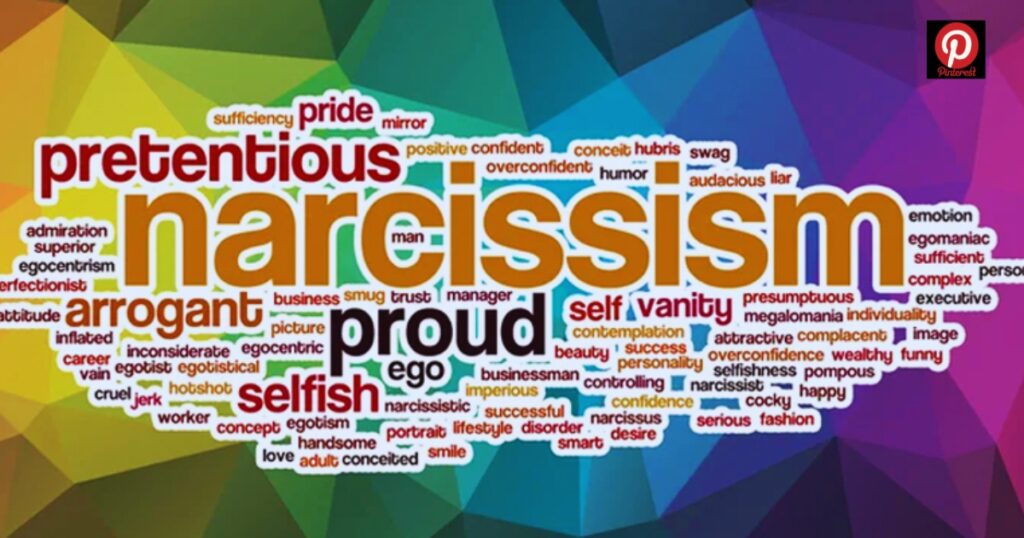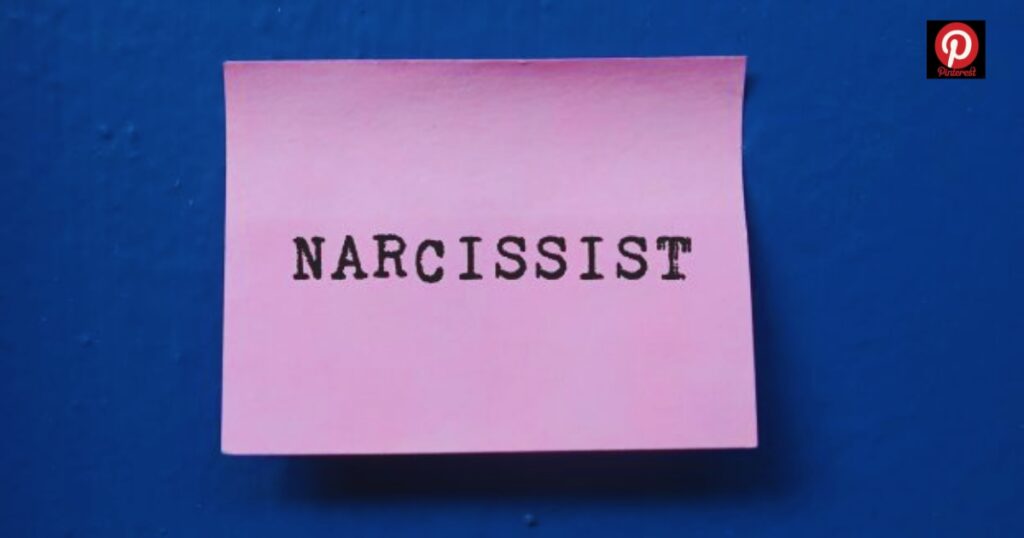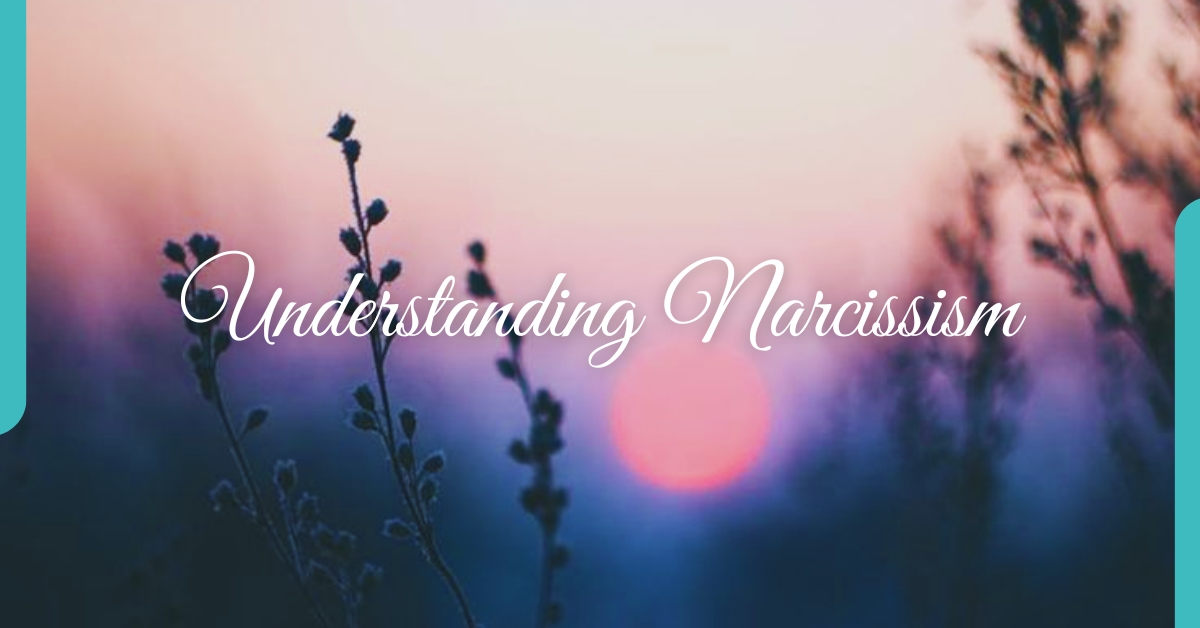How to Deal With a Narcissist: Expert Tips That Work
Did you know that about 1 in 5 Americans show some narcissistic traits? This fact shows how common narcissism is in our society. It’s key to understand How to Deal With a Narcissist to keep your emotional health safe. This article will share expert advice on dealing with narcissists, helping you avoid abuse and manipulation.
Key Takeaways
- Understanding narcissism is crucial for maintaining your emotional health.
- Effective strategies for dealing with narcissistic individuals can enhance your interactions.
- Protecting yourself from narcissistic abuse requires awareness and firm boundaries.
- Recognizing the signs of narcissism helps you respond appropriately in relationships.
Understanding Narcissistic Personality Disorder
Narcissistic Personality Disorder (NPD) is a complex mental condition. It shows through grandiosity and an inflated sense of self-importance. People with NPD need constant admiration and show little empathy towards others.

The signs of a narcissist include manipulative actions and a sense of entitlement. They often use people for their benefit. Mental health groups say these traits harm both the narcissist and those around them. Knowing about NPD helps spot these harmful behaviors.
Understanding narcissism is key to seeing how it affects relationships. People with NPD find it hard to form healthy bonds. They crave validation and ignore others’ feelings. Spotting these traits is important for dealing with someone who might be a narcissist.
Signs of a Narcissist
Knowing the signs of a narcissist can help you deal with relationships better. There are key narcissism indicators to watch for. Look out for these behaviors:
- Excessive bragging: Narcissists often brag a lot about themselves. They love to talk about their achievements and want everyone to admire them.
- Constant need for attention: They must always be validated and approved by others. This can hurt others’ feelings.
- Inability to take criticism: When given feedback, they might get defensive or angry. This shows their ego is fragile.
- Manipulative tendencies: Narcissists might use people for their benefit. They don’t care about others’ feelings.
- Exaggeration of talents: They often claim to be more skilled or experienced than they are. They want to seem more important.
By spotting narcissistic traits, you can better understand interactions and risks. These signs of a narcissist are important to know. Recognizing them early helps you find ways to protect yourself.
How to Deal With a Narcissist
Dealing with a narcissist needs careful attention and smart strategies. Knowing what might set them off can help avoid fights and keep you sane. Also, understanding how you react to them enables you to think before acting.

Identifying Situations That Trigger Narcissistic Behavior
Certain situations make narcissists act out. Knowing these can help you get ready for talks. Here are some common ones:
- Critical feedback or perceived criticism
- Feeling ignored or unappreciated
- Disputes over opinions or beliefs
How to Deal With a Narcissist: Knowing these situations helps you manage the conversation. It also keeps your feelings safe.
Recognizing Your Emotional Responses
Your feelings when dealing with narcissists are key. You might feel frustrated, angry, or doubt yourself. To deal with them better:
- Think about your feelings during these times.
- Keep a record of your emotions to spot patterns.
- Find ways to calm down, like deep breathing or mindfulness.
How to Deal With a Narcissist: Being aware of your feelings helps you handle conversations better. This leads to a healthier interaction.
Coping With a Narcissist
Dealing with a narcissist is more than just knowing their ways. It’s about finding ways to keep your emotional health safe. Setting up healthy emotional boundaries helps create a safer space for you. It also lets you have necessary talks without getting hurt too much. Plus, taking care of yourself can lessen these talks’ bad effects on your mind.

Developing Healthy Emotional Boundaries
It’s key to set boundaries with a narcissist to keep your emotional health strong. Here are some good ways to do it:
- Know your limits: Determine what you can and can’t take from them.
- Speak up clearly: Tell them your limits straight out and firmly.
- Stay firm: Keep your boundaries even when they try to push them.
- Shorten talks: Spend less time with them to avoid feeling drained.
Practicing Self-Care Techniques
Self-care is vital when dealing with a narcissist. It helps reduce stress and upset from tough talks:
- Try mindfulness: It helps calm you down and lowers anxiety.
- Be around positive people: They make you feel seen and heard.
- Keep a routine: It helps take care of your body and mind.
- Get creative: Writing or art can help you express and deal with feelings.
How to Deal With a Narcissist: Using both emotional boundaries and self-care helps you handle narcissists better. It makes you stronger and more resilient in tough times.
Setting Boundaries with a Narcissist
Setting clear limits is key when dealing with a narcissist. It protects you and boosts your emotional security. Using effective strategies can change how you handle tough situations.
First, decide what behaviors you won’t accept. Clearly calmly state these limits. Use “I” statements to share how their actions affect you, not to blame. Saying “I feel overwhelmed when you dismiss my opinions” works better than “You never listen to me.”

Being consistent is crucial. Stick to your limits. If the narcissist tries to cross them, calmly remind them of your boundaries. This shows you’re serious about your needs and keeps you emotionally safe.
Take care of yourself in these tough times. Recharge your emotional energy to keep your boundaries strong. Journaling, meditation, and talking to friends can help you stay focused.
Remember, How to Deal With a Narcissist setting boundaries is an ongoing task. Check how your limits are working and adjust them as needed. As you improve, you’ll build a healthier relationship that values your emotional health.
Narcissist Behavior Patterns
Narcissists often seek control and validation. Knowing their patterns helps you deal with them better. Two important concepts are the cycle of manipulation and gaslighting. Understanding these can help you manage your feelings.

The Cycle of Manipulation
The cycle of manipulation goes back and forth between idealization and devaluation. At first, a narcissist might praise you a lot, making you feel good. This makes you dependent on them.
How to Deal With a Narcissist They start criticizing and pulling away. This can make you feel bad about yourself. It’s important to recognize these tactics to protect your feelings.
Understanding Gaslighting
Gaslighting is when someone makes you doubt your reality. A narcissist might deny things happened, change facts, or downplay your feelings. This can confuse you and make you lose confidence.
How to Deal With a Narcissist: Knowing about gaslighting helps you spot it. It lets you stay true to yourself and make better choices.
Strategies for Dealing with Narcissistic Individuals
Dealing with narcissistic people can be tough. But, using the right strategy can help you handle these situations well. Learning how to communicate effectively is key. This skill lets you share your needs without causing too much trouble.

Effective Communication Techniques
Clear communication is key when talking to narcissists. Use “I” statements to share your thoughts and feelings without blaming. Saying, “I feel overlooked in our talks” helps others understand without getting defensive.
How to Deal With a Narcissist: Staying calm helps lower tension. Keep your voice steady and your body relaxed, which makes the conversation more productive.
Knowing When to Walk Away
Knowing when to leave is important when dealing with narcissists. If talks often lead to manipulation or hurt feelings, it’s time to think about yourself. Choosing to go can be freeing, letting you focus on your health.
How to Deal With a Narcissist: Setting clear boundaries is crucial. It shows that you’re okay with stepping back when needed. it’s okay to protect yourself.
Handling a Narcissistic Relationship
Being in a relationship with a narcissist can hurt your mental health. It’s key to check how this relationship affects you. A mental health assessment can show where you might be struggling. It also gives insights into the emotional cost of this relationship.

Assessing the Impact on Your Mental Health
Look out for signs that show this relationship is hurting your mental health. These include:
- Increased anxiety or feelings of panic.
- Frequent mood swings or emotional instability.
- Feelings of inadequacy or diminished self-worth.
- Isolation from friends or family.
Spotting these signs is important. It helps you understand how the relationship affects you. Being self-aware can lead to getting help early and improving your emotional health.
Seeking Professional Help if Necessary
If you see these signs in yourself, getting professional therapy for narcissism is a good step. Therapy is a safe place to talk about your feelings. It helps you find ways to deal with the tough parts of the relationship.
Having a supportive network is also key. Talking to people who get what you’re going through can help. Therapy and a strong support system can help you heal and find better ways to move forward.
Protecting Yourself from Narcissistic Abuse
To protect yourself from narcissistic abuse, you need to be proactive. Knowing the signs of narcissistic behavior helps you prepare for manipulation. Building emotional strength is key; it enables you to handle the emotional impact of such interactions.
Self-protect by having a strong support network. Reach out to friends, family, or support groups that understand what you’re going through. They can offer comfort, validation, and important advice during tough times.

Learn about narcissism. Knowing their tricks, like gaslighting, helps you spot manipulation. This knowledge lets you respond wisely instead of reacting impulsively.
Find ways to deal with verbal or emotional abuse well. Try mindfulness, journaling, or activities that boost your self-confidence. These emotional resilience strategies help keep your self-worth strong, making it harder for narcissists to control you.
Don’t forget to focus on your mental health. Recovery takes time, but with the right approach, you can grow stronger. You’ll be better equipped to handle narcissistic behavior.
See also Understanding Positive Feedback Loop: A Simple Guide
Conclusion
Understanding how to deal with a narcissist is key to keeping your emotional safety. We’ve looked at important strategies to help you face the challenges of dealing with narcissistic people. Learning to recognize narcissism, setting clear boundaries, and finding ways to cope are all crucial.
It’s important to understand narcissistic behaviors and how to manage your feelings. Taking care of yourself is vital when dealing with difficult people. By doing so, you protect your emotional well-being and learn how to handle narcissists better.
Remember, knowing how to deal with narcissists gives you power. The tips and strategies in this article are a great start. Use them to keep your emotional safety and face future interactions with confidence.
FAQs
What are the Signs of a Narcissist?
Signs of a narcissist include bragging a lot and needing admiration all the time. They also show little empathy and can’t handle criticism well. Knowing these traits helps you understand how they act.
How can I Protect Myself from Narcissistic Abuse?
To avoid narcissistic abuse, set strong emotional boundaries and take care of yourself. Being resilient and having a supportive network is also key to staying well.
What Strategies are Effective for Dealing With Narcissistic Individuals?
To deal with narcissists, use assertive communication and stay aware of your feelings. Knowing when to step away from toxic situations is also crucial. Always put your mental health first.
How do I Set Boundaries With a Narcissist?
To set boundaries with a narcissist, clearly tell them what you won’t do. Stick to your boundaries and stay firm. This protects your emotional safety.
What is the Role of Gaslighting in Narcissistic Relationships?
Gaslighting is when narcissists twist reality to make you doubt yourself. Knowing this tactic helps you spot it and stay mentally strong.
How can I Cope With a Narcissist in my Life?
To cope with a narcissist, create emotional boundaries and take care of yourself. Be mindful of how you feel during interactions. These steps help manage the emotional toll.
When Should I Seek Professional Help Concerning a Narcissistic Relationship?
If your mental health is suffering or you feel overwhelmed, get help. Therapy offers support and strategies for dealing with narcissists.
What is Narcissistic Personality Disorder (NPD)?
Narcissistic Personality Disorder (NPD) is a condition marked by grandiosity and a need for admiration. It also includes a lack of empathy. Understanding NPD helps you see its effects on relationships and find ways to cope.







